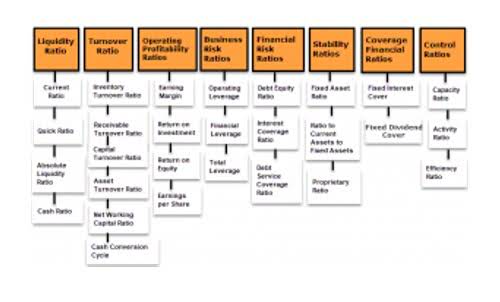Guide to Dropshipping and Sales Tax: Who collects, who pays?

Determining tax liability and managing exemption documents can be a time-intensive process and requires a great deal of specialty. Not only do quality professionals often command a hefty fee, but the rules are frequently changing and even the best employees are susceptible to human error. But as with all things sales tax, there are different liability scenarios. Sometimes the supplier is responsible for sales tax or the customer is on the hook for use tax. From the customer’s perspective, the experience is essentially the same as the purchase outlined above. Customers browse a catalog or site, choose their goods, and pay the seller, including all applicable taxes.

But in case your dropshipping business is based outside of the European Union and you are sourcing your products from an EU supplier, you will not have to pay VAT. In case your dropshipping business is VAT-registered in the European Union, and you are sourcing your products from an EU supplier, the reverse-charge mechanism will manage VAT on your purchase. In such a case, you’re required to register for sales tax in that specific state. Subsequently, you must both collect and submit the applicable sales tax in all the states where you’ve completed the registration process. However, when it comes to dropshipping, things can get a bit confusing.
Get all-pass-access to everything on Dropshipping.com
It’s important to note that even if you didn’t make any sales in a particular state, you’re still required to file tax returns indicating that. Furthermore, some states only accept certificates drop shipping sales tax issued within their own state, while others recognize certificates that are valid in multiple states. For 2024, the self-employment tax rate is 15.3% on the first $160,000 of net income.
So even though you won’t handle any of the goods you’re selling, you still technically own them until they get to the customer. This means you are responsible for paying any taxes and surcharges which the goods might incur. From large companies such as Alibaba and AliExpress to solopreneurs with an e-commerce website, there are a wide variety of successful dropshipping https://www.bookstime.com/ businesses that operate legally. It is important to maintain ethical business practices in any business model, including dropshipping. If a dropshipper is required to collect sales tax, they must obtain a sales tax certificate in that state and file sales tax returns. While the overhead costs are relatively low, the returns are proportionately low.
Start and grow your dropshipping business with AutoDS AI
Paying sales tax becomes necessary when you have a “nexus.” States use this term to determine whether you should pay taxes within their borders. Check out our previous article about how to start a successful dropshipping business in the United States. Typically, this implies that you’re exempt from charging and remitting sales tax. Hence, the amount of this tax you’ll owe depends on factors like the size, weight, and type of the product.




Escribir un comentario